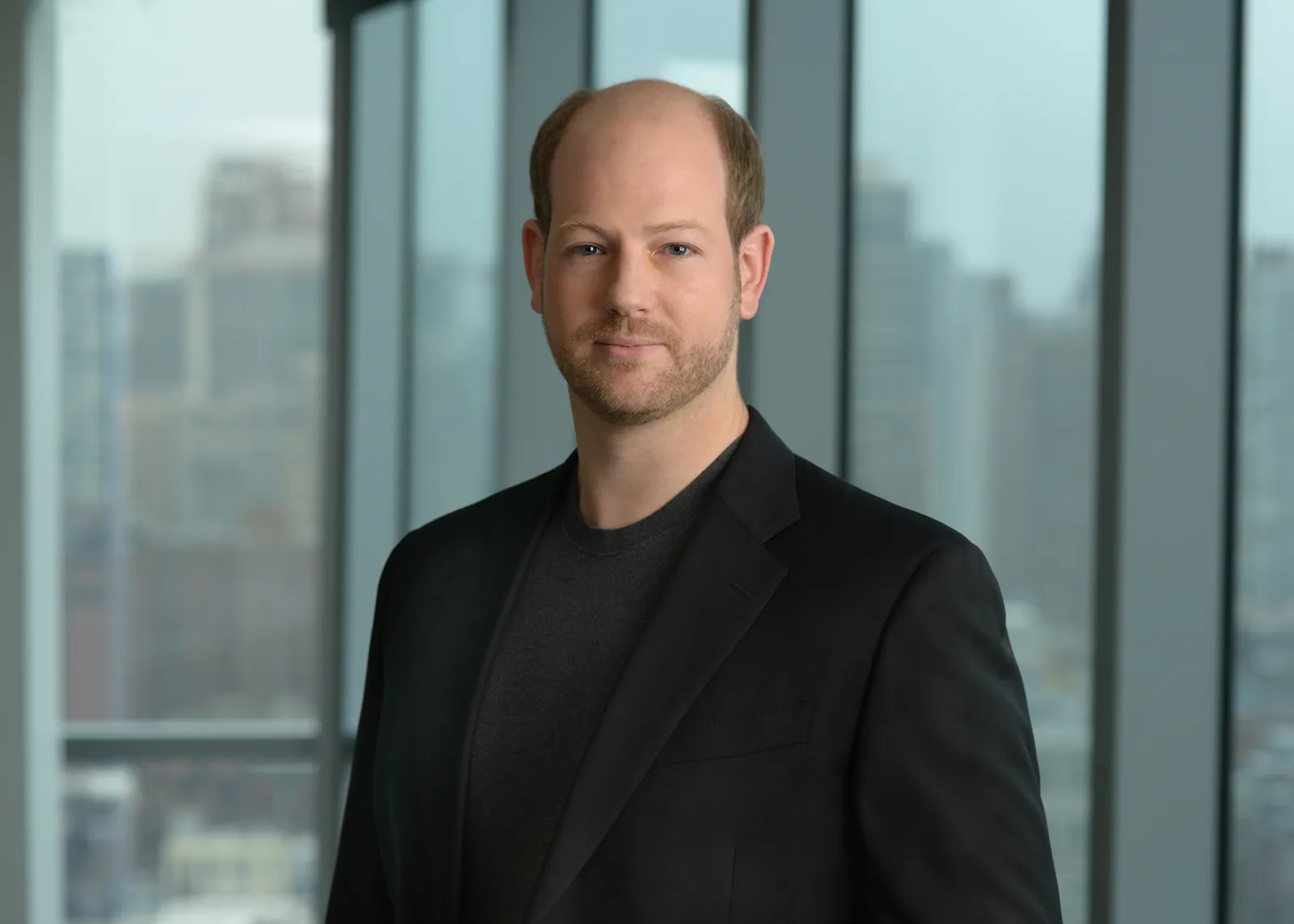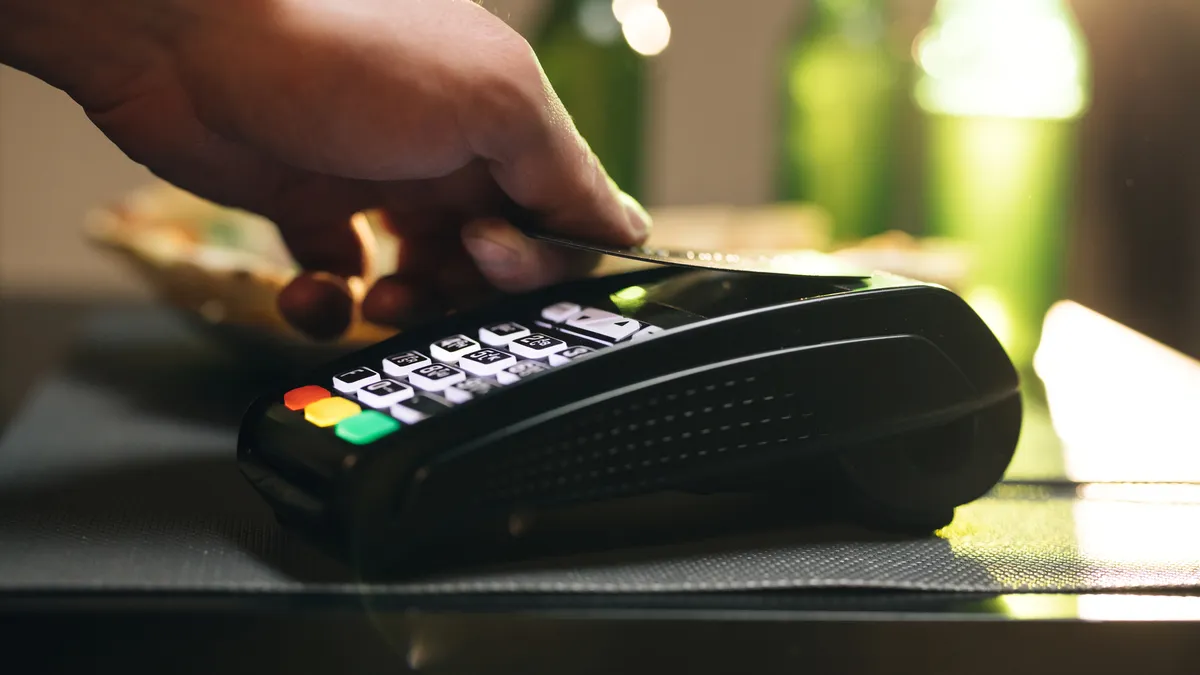Payments gateway FreedomPay has become a point-of-sale specialist, and it isn’t looking to take on merchant acquiring.
That’s according to the privately-held company’s president, Chris Kronenthal, who said FreedomPay is focused on providing its merchants with technology that integrates payments and more at the point-of-sale, rather than getting into the acquiring business.
The Philadelphia, Pennsylvania-based company’s commerce platform seeks to bring together and connect the services merchants need, including payments, loyalty and customer data analytics, while being compliant with security standards. FreedomPay, which has about 600 employees, has consistently been self-funded and generates “hundreds of millions in revenue,” although Kronenthal wouldn’t be more specific.
Founded in 2000, FreedomPay directly serves large, global clients such as hospitality company Marriott and shipping giant FedEx, as well as small and medium-sized businesses by partnering with distributors such as independent software vendors, Kronenthal said. FreedomPay also partners with the likes of payment processor Worldpay and restaurant fintech Toast.
Kronenthal spoke with Payments Dive March 13 about the company’s international expansion plans and a recently launched consulting service.
Editor’s note: This interview has been edited for clarity and brevity.
PAYMENTS DIVE: As a gateway, how does the company ensure it remains relevant to the payments ecosystem when it competes with rivals who also provide acquiring?
CHRIS KRONENTHAL: We’ve remained agnostic, and that allows us to be really meaningful for lots of different kinds of partners: global acquirers and processors that need multi-acquiring functions; selling systems and ISVs that want to code once and then be activated to access a lot of different participants; merchants who want flexibility and protection. We’ve chosen not to go into acquiring and chosen to really focus on where we think that problem area is, which is the technology around integrating those things. We think there's as much of a value statement, if not more, supporting the merchant in his or her quest to integrate all the different complexities, as there is to be just part of that ecosystem, for example, acquiring.
Once you go on the acquiring side, which is what a lot of providers do, that takes your inertia in a different way. Now you're involved in know-your-customer, anti-money laundering. You've got to deal with underwriting, you have to deal with reserves, that drags you into issuing and lending and all those things. It sort of becomes this self-fulfilling prophecy of where you spend your time and resources.

FreedomPay recently launched in Spain. Where else is the company looking to expand?
In the last year, we’ve opened a dozen new markets. We’re live in the Middle East. We’ve added Mexico in the last year. We have a vision probably over the next 12 months to add additional countries in Central America, Asia-Pacific and South America.
Our global march is intended to go to about 117 countries, and we believe we have coverage right now for 88. So within that grab-bag, you’ll see us go after markets like Brazil, Argentina; you’ll see us go after Kenya, South Africa; opening up the rest of what we’ve set up in APAC. We just launched Hong Kong, Singapore. We’ll be launching in the Phillippines, Thailand.
How has FreedomPay sought to branch out when it comes to services?
We’re seeing a lot of growth with a program we’ve introduced called merchant-centric acquiring. That’s a consultative service that we now provide for merchants to help them understand their acquiring relationships: Do they have preferential terms? Do they have the right buy rates? Do they have the right partners in the right geographies? We will come in and review what you are doing and why, and if we can help you find a better set-up, we'll do so.
That service was soft-launched late last year, coming into this year. We’re seeing merchants rapidly embrace it and adopt it. We started with an entry program, with merchants doing anywhere from $500,000 to $5 million a year in gross dollar volume participate. Now, we have several merchants in that $500 million to billion-dollar range participating. There's just a tremendous opportunity for the merchant to have a sponsor in that discussion who’s not actually an acquirer.











